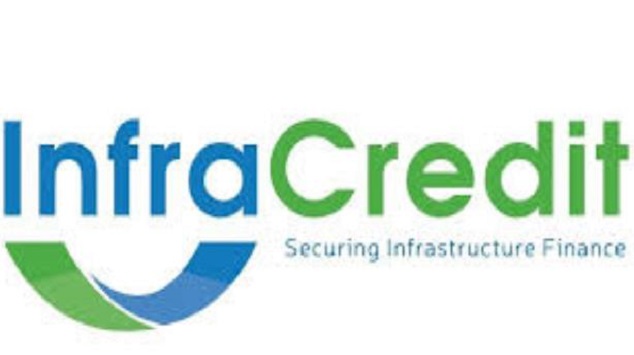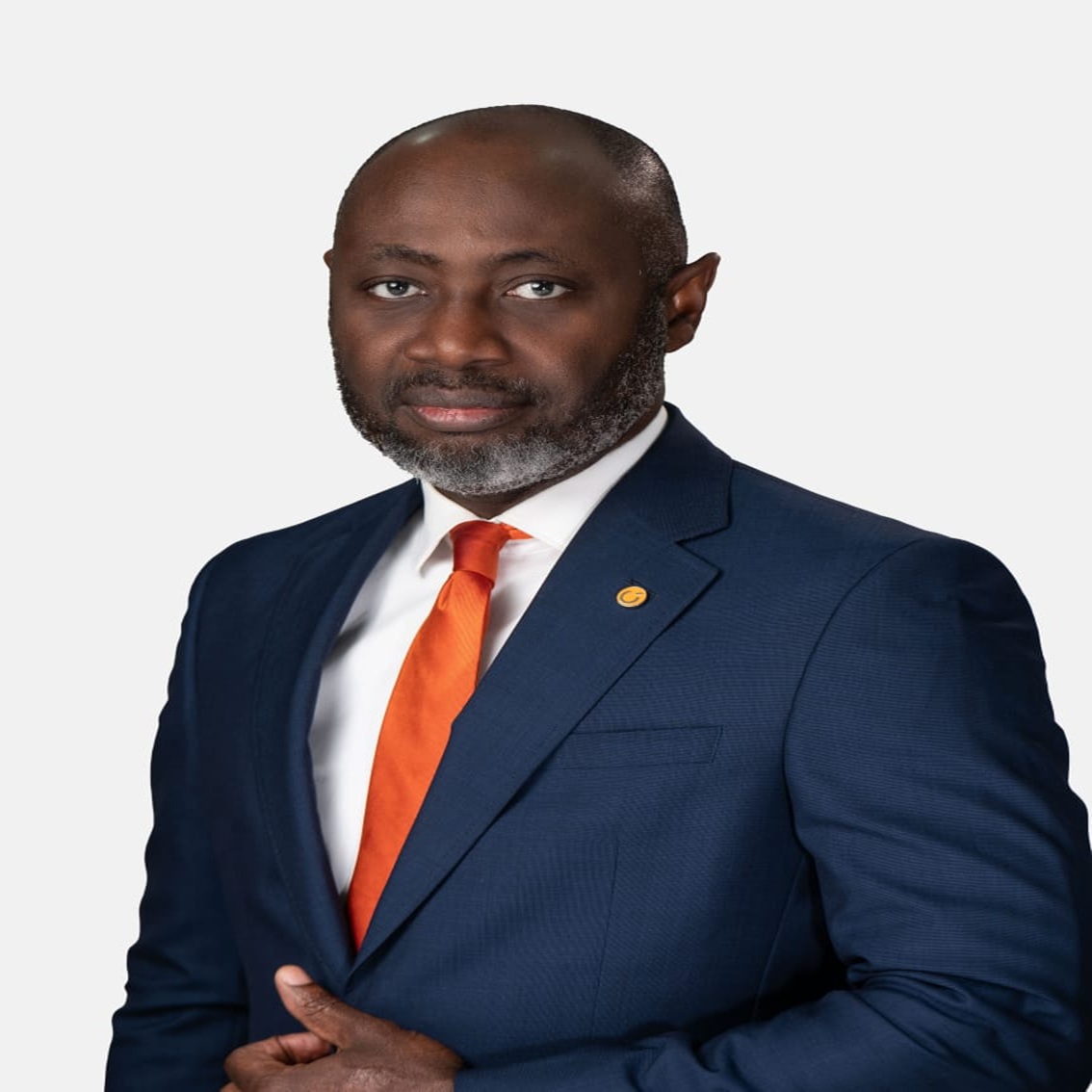News
African ICT Foundation Calls for Adoption of Artificial Intelligence in the Continent’s Healthcare Challenges

The African ICT Foundation (AFICTF) has advocated that artificial learning and machine language will change the future by improving treatment design, fine tuning diagnosis and improving accuracy and speed of detection, improving clinical administration, patient experience and general human life.
The Foundation made its position known in a paper presented at the annual seminar of the Lagos University Medical Society, hosted by the Faculty of Pharmacy of the Lagos University Teaching Hospital with the theme: Artificial Intelligence in Health designed to inform the members of the profession about latest technology advance in health care.
A member of the Board of Trustees of the Foundation, Mr. Oludare Akinbo who spoke on the topic: ‘AI in Medical Practice-Future of Healthcare’ noted that media attention has largely centred on the ability of AI/ML to transform how clinical care is delivered through better diagnostics and treatments.
According to him, IBM’s Watson supercomputer is still the best-known appliance for Machine Learning adding that Watson is mainly used in the medical and financial sectors.
He disclosed that there are 121 digital health companies leveraging AI/ML and have raised a total of $2.7B with 206 deals from 2011 through 2017, which just over 10% of all venture dollars invested in digital health during that period.
He said also that funding for AI/ML companies peaked in 2016 at $776.4M representing nearly one-third of total funding to AI/ML companies since 2011.
Quoting a 2016 report from CB Insights, Akinbo said that about 86% of healthcare provider organisations, life science companies, and technology vendors to healthcare are using artificial intelligence technology saying that by 2020, these organisations will spend an average of $54 million on artificial intelligence projects.
Akinbo stated further that many AI technologies are cropping up to help people streamline administrative and clinical health care processes.
“Various professionals and reports predict that artificial intelligence and machine learning (AI/ML) will diagnose disease better and earlier, treat illness more precisely, and engage patients more efficiently than today’s healthcare system does. On top of this, AI/ML is expected to streamline business operations and restore sanity (and humanity) to the clinician experience”, he said.
He also noted that the major technology giants have ventured into healthcare and thus already changing the future of healthcare and promising more radical changes for the better in the nearest future.
“I will say you can’t liken this to a rolling stone that gathers no moss, but a raging powerful avalanche that won’t stop for anything in it’s path”, Akinbo stated.
On why the health care providers need to embrace technology, particularly, machine learning, Akinbo stressed: “machine learning undoubtedly helps people to work more creatively and efficiently. Basically, you too can delegate quite complex or monotonous work to the computer through Machine Learning-starting with scanning, saving and filing paper documents such as invoices up to organizing and editing images.”
He noted that the Foundation supports initiative that deploys ICT solve healthcare problems in Africa, listing the 10 common ways AI is changing healthcare now and will in the future to include: Managing Medical Records and Other Data, Doing Repetitive Jobs, Treatment Design, Digital Consultation Apps, Virtual Nurses, Medication Management, Drug Creation, Precision Medicine, Health Monitoring and Healthcare System Analysis.
News
InfraCredit, AMDA Sign Partnership to Unlock Local Financing for Africa’s Mini-grid Sector

InfraCredit, a specialised infrastructure credit guarantee institution, has entered into a strategic partnership with the Africa Minigrid Developers Association (AMDA) to boost access to long-term local currency financing for mini-grid and distributed renewable energy (DRE) projects across Africa.

The agreement aims to strengthen market development and address long-standing financing barriers in the mini-grid sector, especially in Nigeria and other underserved African markets.
The collaboration is aligned with InfraCredit’s Clean Energy Funding Programme (CEFP), which offers credit enhancement, due diligence support, and technical assistance to renewable energy developers.
“With an estimated 86 million Nigerians, alongside hundreds of millions across Africa—still living without electricity, bridging this energy access gap demands a pipeline of investment-ready, well-prepared projects that can unlock scalable capital and accelerate financial close,” said Chinua Azubike, CEO of InfraCredit.
“This partnership creates a practical pathway to scale the impact of our Clean Energy Funding Programme by equipping more developers to structure commercially viable mini-grid and DRE projects that qualify for long-term local currency finance,” Azubike added.
Through the agreement, both InfraCredit and AMDA will work together to facilitate technical assistance, share toolkits, and deploy credit modelling frameworks, including InfraCredit’s Distributed Renewable Energy Lending Toolkit (DRELT) and DRE Credit Rating Model. These tools aim to enhance the bankability of projects and improve developers’ ability to secure patient capital in local currency.
AMDA, which represents mini-grid developers operating in over 20 African countries, brings deep sector expertise and a strong network of DRE operators to the partnership.
According to Lamide Niyi-Afuye, CEO of AMDA, the collaboration addresses one of the most persistent challenges in the sector.
“We are pleased to collaborate with InfraCredit to address one of the most persistent barriers in the minigrid sector, access to affordable, long-term local currency finance,” said Niyi-Afuye.
“By aligning AMDA’s advocacy and technical support efforts with InfraCredit’s proven models and tools, we aim to accelerate the deployment of resilient, decentralised energy solutions that deliver tangible socioeconomic benefits in Africa. We view this partnership as a blueprint that will be used beyond borders, paving the way for broader regional impact,” he added.
The partnership will also support the development of transaction-ready pipelines, capacity-building initiatives, and investor-developer forums aimed at improving market transparency and accelerating the roll-out of commercially viable mini-grids.
By facilitating access to domestic blended finance and strengthening project preparation, the partnership hopes to unlock greater private sector participation, mobilise local capital, and expand clean energy access across unserved and underserved communities in Africa.
News
Transcorp Power Posts Strong Half-Year Profit, Declares ₦11.25Bn Dividend

Transcorp Power Plc, one of Nigeria’s foremost electricity generating companies and a key subsidiary of Transnational Corporation Plc, has reported a robust financial performance for the half-year ended June 30, 2025.

In a statement issued on Sunday in Delta, the company disclosed a significant revenue growth of 52 per cent year-on-year, rising to ₦205.8 billion from ₦135.4 billion recorded in the corresponding period of 2024.
The company said that its gross profit surged to ₦77.6 billion, with a gross margin of 23 per cent, while profit before tax grew to ₦58.7 billion, representing a 15 per cent increase compared to ₦51 billion in H1 2024.
It attributed the improved performance to increased generation capacity, strategic investment in infrastructure, and enhanced operational efficiency.
Speaking on the development, the Chairman of Transcorp Power, Mr Emmanuel Nnorom, said the half-year results reflect the company’s commitment to disciplined cost management and sustainable value creation.
“Our resilient performance despite economic headwinds reaffirms investor confidence in our long-term prospects,” he said.
The company also declared an interim dividend of ₦11.25 billion, amounting to ₦1.50 for every 50 kobo ordinary share, subject to withholding tax.
Commenting on the operational gains, the Managing Director and Chief Executive Officer, Mr Peter Ikenga, said Transcorp Power increased its generation capacity by 100MW within the period.
“We remain focused on powering Nigeria and Africa, as we build on our momentum into the second half of the year,” Ikenga said.
Transcorp Power is a listed entity on the Nigerian Exchange and operates as one of the country’s leading power generation companies, with a track record of driving economic growth through reliable electricity supply.
News
Lawyers Drags NLS to Court for Alleged Election Fraud, Data Violation

Two Nigerian lawyers have sued promoters of the Nigerian Law Society (NLS) over allegations of electoral fraud and unlawful use of personal data.

The legal actions follow the recent election conducted by the NLS, a breakaway association formed as an alternative to the Nigerian Bar Association (NBA), to elect its national officers.
In one of the suits, marked FHC/ABJ/05/1506/2025 and filed before the Federal High Court in Abuja, a lawyer, Timothy Tersugh Ahua, is challenging the conduct of the election and the legitimacy of the electoral process.
Ahua named several NLS promoters, including prominent lawyers, as defendants.
They include Senior Advocates, Chief Mela Audu Nunghe, Dr. Ugoji Eze, Secretary of the NLS Electoral Committee, and Chief Bolaji, Chairman of the NLS.
Others named in the suit are Ferguson Chioma Blessing, Chief Emeka Ichoku, and Tejumola Adigun.
Citing provisions of the Federal High Court Civil Procedure Rules, Ahua is asking the court to declare that the NLS electoral process violated its constitution.
He is seeking a declaration that all unopposed candidates, including himself, be declared elected, as published by Dr. Tonye Clinton Jaja, the alternate Chairman of the NLS Electoral Committee.
Ahua claims he was duly nominated for the position of Secretary General but was unjustly excluded, accusing the defendants of hand-picking candidates in breach of the rules.
He further alleged that the exclusion caused him financial loss, reputational damage, and personal hardship, urging the court to correct what he described as a grave injustice.
In a separate suit before the Federal High Court in Abeokuta, another lawyer, Oluwadare Thomas, sued Chief Mela Nunghe, a Senior Advocate of Nigeria, Dr. Ugoji Eze, the Corporate Affairs Commission (CAC), the National Information Technology Development Agency (NITDA), and the Nigerian Data Protection Commission (NDPC), over alleged violation of his data privacy rights.
Thomas is asking the court to determine whether the use and publication of his personal data by NLS election officials without his consent amounts to a breach of Section 37 of the 1999 Constitution and the Nigeria Data Protection Act, 2023.
He also wants the court to consider whether the use of the NLS name for the election, despite a CAC notice and a pending suit, constitutes contempt of court and abuse of legal process.
He is seeking several declaratory and injunctive reliefs, including a court order restraining the continued use of his personal data and an order compelling NITDA and NDPC to investigate and sanction the respondents.
Thomas is also demanding N50m in compensation for the alleged unlawful processing and exposure of his personal information.

 E-Business1 day ago
E-Business1 day agoHuawei Unveils AI Computing System to Challenge Nvidia’s Flagship Product

 E-Financial1 day ago
E-Financial1 day agoEdun, Finance Minister Inaugurates NDIC New Management

 General News1 day ago
General News1 day agoNew Tax Law Empowers NRS to Fine Offenders up to N10m

 E-Financial1 day ago
E-Financial1 day agoUnion Bank Rewards Customers with ₦5 Million Each in Save and Win Palli Promo Season 4 Grand Finale

 News1 day ago
News1 day agoLawyers Drags NLS to Court for Alleged Election Fraud, Data Violation

 Broadcasting1 day ago
Broadcasting1 day agoCourt Upholds AVRS Legal Rights to Licence Audiovisual Works in Hotels

 General News1 day ago
General News1 day agoTaskforce Arrests Six for over Fake Lottery Scam

 News1 day ago
News1 day agoNASRDA Celebrates Chief Owolabi Salis on His Historic Space Mission















